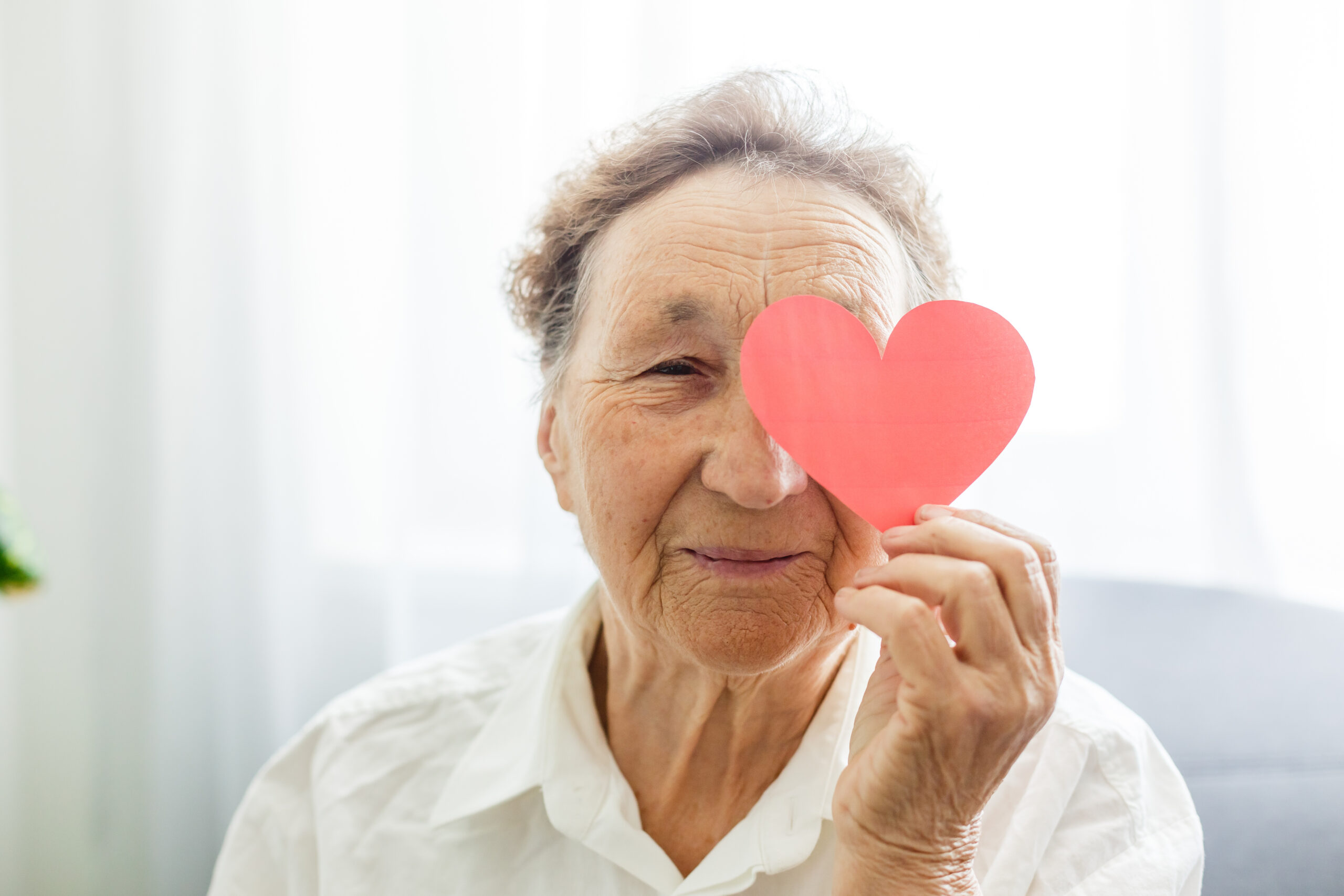One of the ways people in the United States mark the changes of seasons and passing of time is by celebrating holidays and traditions. People have been celebrating Valentine’s Day for centuries. In fact, the holiday dates back to around A.D. 270 and the legend of St. Valentine.
As one story goes, Valentine was a priest during the time of Roman Emperor Claudius II.
The emperor made it illegal for young men to get married because he thought that single men made better soldiers. Valentine believed the new law was unjust, so he continued to marry young lovers in secret. When Claudius found out, he had Valentine put to death. People started sending written Valentine’s Day greetings around the 1400s. In the 1900s, printed cards replaced the once handwritten notes and tokens of affection as the Valentine of choice.
As a caregiver, you can help your older family members to follow their Valentine’s Day traditions or form new ones. In addition, caregivers and seniors can form new memories of their own by trying new Valentine’s-Day-themed activities.
Below are some ideas for seniors and caregivers to do together to celebrate the day.
Bake Heart-Shaped Cookies
Baking is an excellent activity for caregivers and seniors to do together. Even if baking isn’t a favorite activity of the older adult, they often enjoy the baked goods or sharing them with people they love, like grandchildren or a favorite neighbor. Bake a batch of rollout cookies cut into the shape of hearts. Then, sit with the senior and invite them to help you frost and decorate the cookies. If the cookies are to be delivered to someone else, take the senior with you to present them. The smile on the recipient’s face may make their day.
Create Homemade Valentines
As a child, your aging relative probably made Valentines for classmates and sweethearts. Help them return to this tradition by making Valentines with them. Purchase red, pink, and white construction paper to cut hearts from. Decorate them with glitter, stickers, ribbons, and lace.
Decorate the House
Decorating the house can make the holiday feel more special. It also helps to remind older adults with cognitive issues what time of the year it is. Seniors and caregivers can make their own decorations or purchase them from a store. If the older adult has dementia, be sure to keep decorations somewhat simple since making the environment too busy can be confusing for them. In addition, be sure that decorations are hung safely to prevent a fire or an injury caused by tripping over something.
Sources


